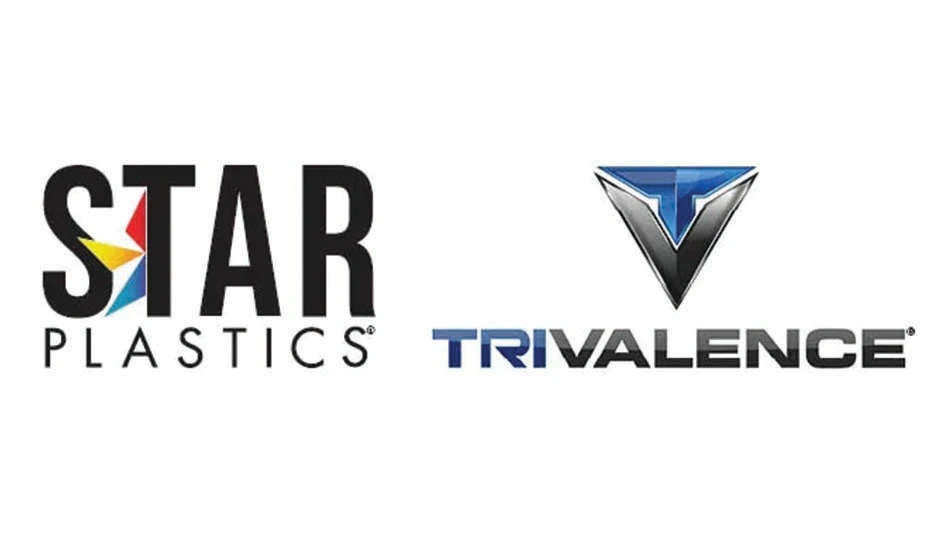
Waste Management
John Morris, executive vice president and chief operating officer of Houston-based Waste Management (WM), shares his perspectives on the waste and recycling industry as well as his insights into WM’s operations as the keynote speaker for the Paper & Plastics Recycling Conference International (PPRCi). The broadcast event, which is organized and hosted by the Recycling Today Media Group, publisher of Recycling Today, is scheduled for Oct. 20-22, with Morris appearing at 8 a.m. Eastern Daylight Time, Tuesday, Oct. 20.
The discussion is wide-ranging, but one topic Morris speaks to is how WM is working to create more value out of the material entering the company’s material recovery facilities (MRFs) and to improve the sustainability of recycling.
Morris says that in the last four to five years, despite the low commodity market prices, the company has invested in its recycling infrastructure, either upgrading technology in its existing plants or building new MRFs. He mentions what WM has dubbed as its “MRF of the future” in Chicago. “We’re very, very pleased with that because it does a couple of things. One, it's automating and making us more efficient. Inside the plant, we're doing positive sorting with that equipment compared to what traditionally happens in a lot of the other older, single-stream facilities.”
He credits positive sorting for “building a much better product.” The automated and mechanized process the company is employing also is reducing its employees’ exposure to potentially dangerous items in the material stream, such as needles.
The increased use of automation also has helped WM address issues related to staffing at its MRFs. “Those are challenging jobs,” Morris says. “And to find people that you can get in there … has traditionally been a challenge.”
By automating as it has in Chicago, he says WM has been able to improve the quality of the commodities coming out of its MRFs as well as the efficiency of the facilities and the safety of its employees.
He adds that over the next three to four years, the company will have deployed “advanced technology” to some degree in virtually every one of its MRFs.
Morris says the company’s Chicago MRF employs optical sorters to achieve that quality and efficiency, though WM does have eight robots deployed nationally. “We’re continuing to look for opportunities to use robotics in the plants for a lot of those same reasons … But the plant in Chicago does not have any robotics and it relies on optical sorting.”
He says as single-stream recycling has grown in popularity, so has contamination in incoming material, leading to product quality and employee safety concerns. “A lot of what we see coming into the plant, not only is it not good for the outbound material but in a lot of cases when it's batteries, aerosol cans, those kinds of things, it can present some safety issues for employees.”
These employee concerns have been amplified by the current pandemic, Morris says.
“[A]t the onset of this pandemic, we wanted to keep our people safe, first and foremost. And, certainly, there were a few sleepless nights in the beginning of making sure that as a provider of essential services, that we were going to be able to do that.”
He says WM’s recycling business looks a bit different today because of those efforts, but its been largely successful in safeguarding its employees. “[W]hile we've certainly had some employees who were impacted personally, by-in-large, we've kept our folks safe, and it hasn't impacted any one of our facilities in a disproportionate way.”
Outside of employee safety, Morris says WM would like to be “further along in really reinforcing the foundation of the business.” He adds that the company is moving to a fee-for-service model so that it is “less reliant on commodity prices to drive the sustainability of the business.” Morris says, “[U]ltimately, we want recycling to be sustainable over the long term for the customers.”
For the full conversation, be sure to register for the 2020 Paper & Plastics Recycling Conference International. More information is available at http://paperplasticsna.recyclingtodayevents.com. Bundle your registration with the Oct. 19 MRF Operations Forum to benefit from discounted rates.
Get curated news on YOUR industry.
Enter your email to receive our newsletters.
Latest from Recycling Today
- LG details recycling activities
- Algoma EAF is up and running
- Toyota-Tsusho completes acquisition of Radius Recycling
- CATL, Ellen MacArthur Foundation aim to accelerate circular battery economy
- Commentary: Expanded polystyrene is 98 percent air, 2 percent plastic and 100 percent misunderstood
- AMCS appoints general manager for North America
- How tariffs, regulations affect LIBs recycling in US, EU
- Schwan Cosmetics introduces packaging free of styrene, ABS






